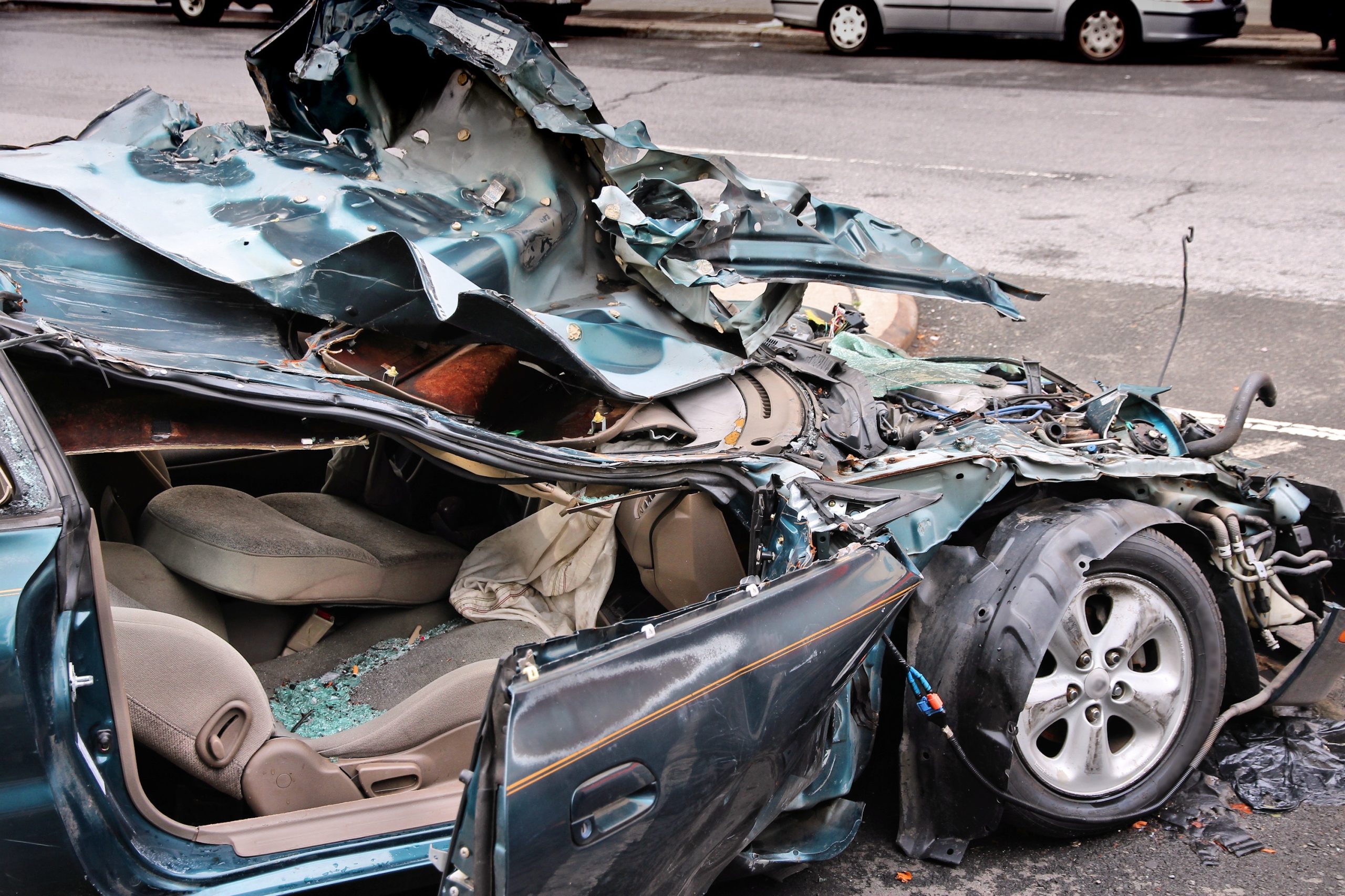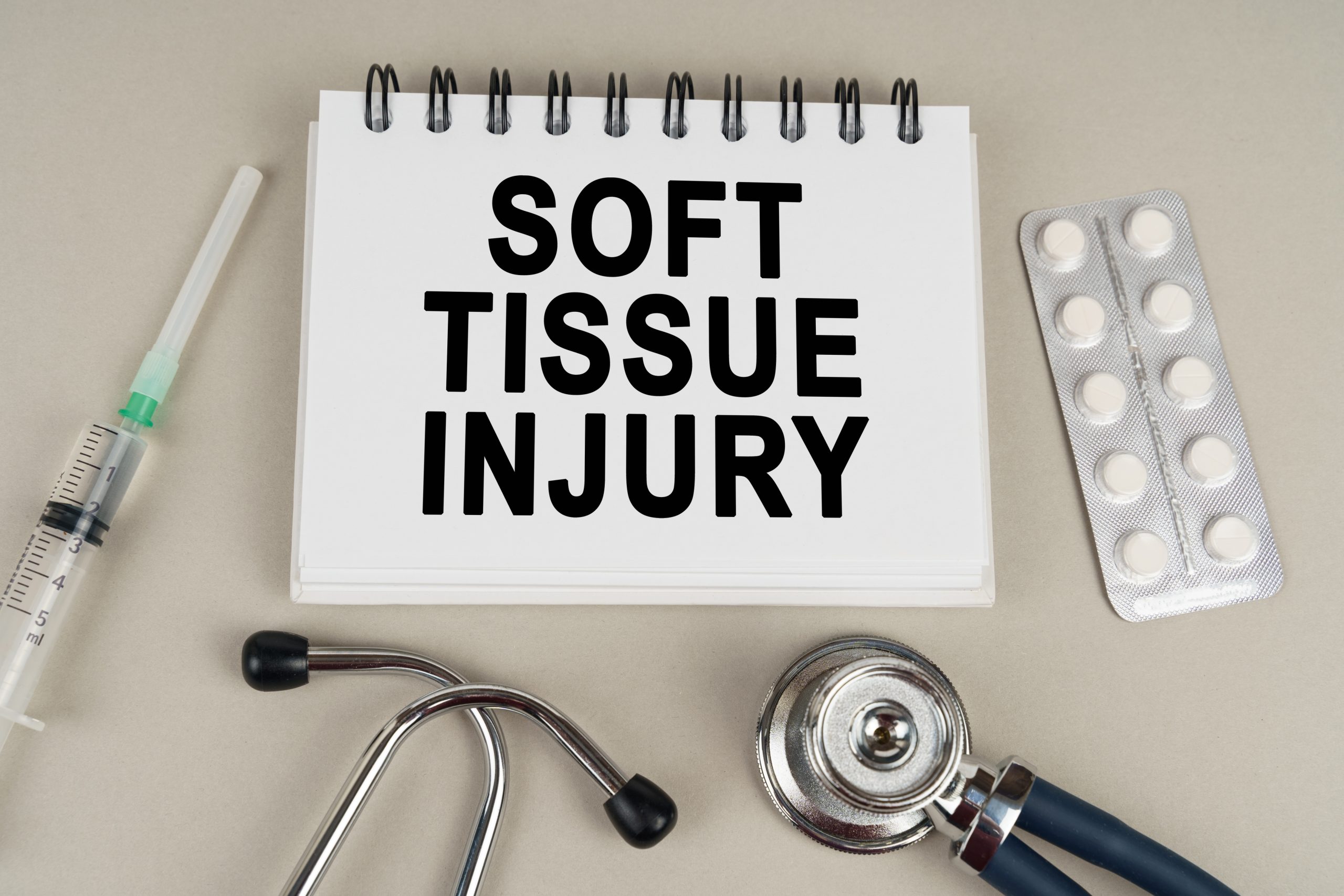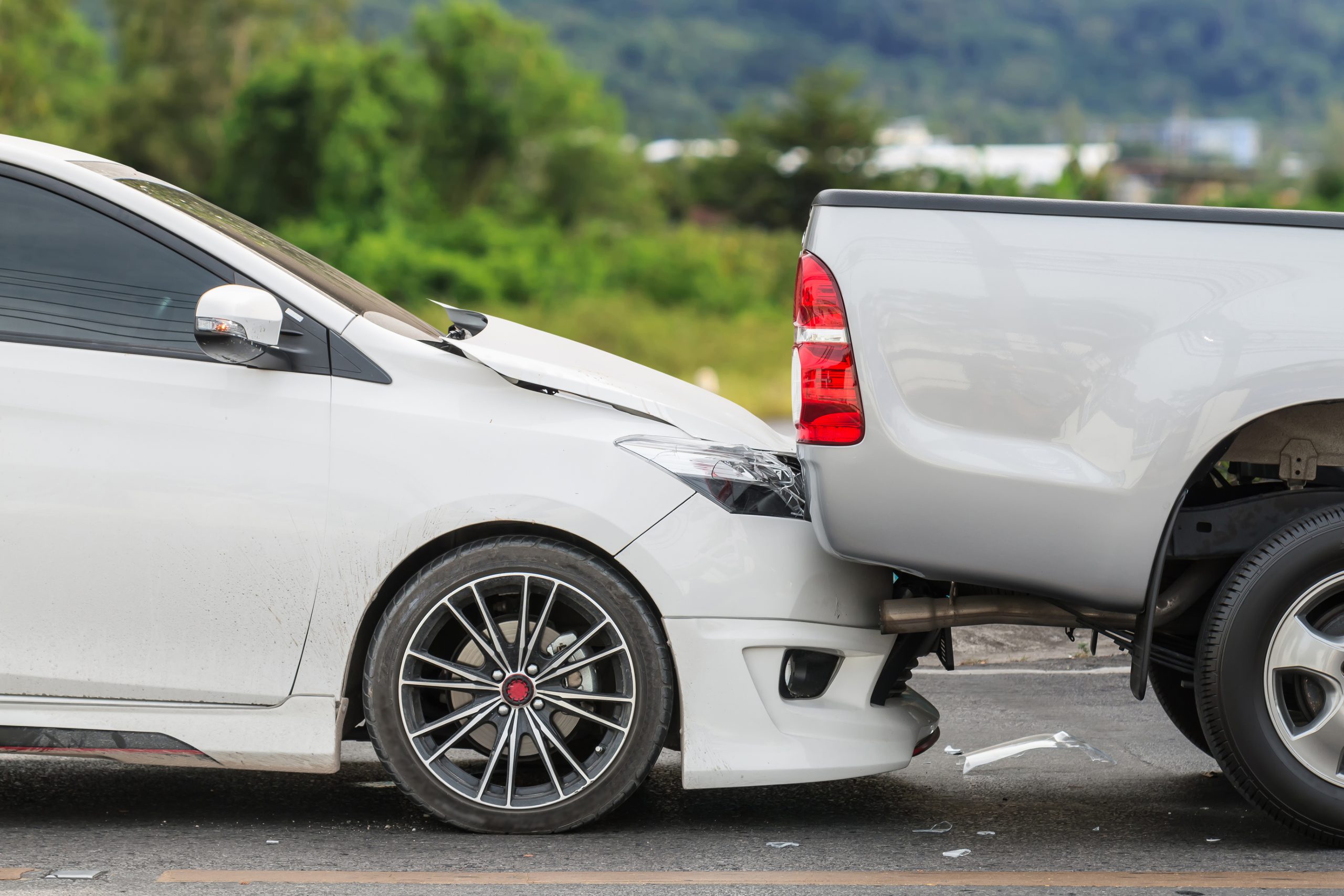If you were recently injured in a car accident, one of your first concerns may be whether you will be responsible for your medical bills and other related expenses. Following a car accident, it is important to determine which motorist is liable for the accident and whether that party has the appropriate car insurance coverage to properly compensate you for your harms and losses. If the liable motorist does not have the appropriate insurance coverage, you may need to rely on your own health insurance and car insurance coverage to help pay for your medical expenses.
Does Health Insurance Cover Car Accidents?
Your health insurance coverage can always be used to treat any kind of injury you suffer, including injuries resulting from a car accident. The same protocol and potential restrictions apply here as with any other kind of medical care you might receive under the terms of your policy or plan. You will need to make sure that the health care provider you see and the kind of care you receive, are covered under your plan. If you are not at fault for the collision, your insurance company will likely work to get the liable party’s policy to absorb the costs of your care. But until all available types of insurance have been exhausted, your health insurance policy will generally not be responsible for paying for your medical expenses. Even when it does pay, you will typically be responsible for your deductibles, copayments, and any charges that your policy does not typically cover.
Medical Expense Benefits (also known as “Med-Pay”)
In some states, drivers can choose to add Med-Pay coverage to their car insurance policy for an additional layer of car accident injury treatment protection. Med-Pay is an optional auto insurance coverage that can help pay for hospital and doctor visits after a crash. Med-Pay coverage works similarly to Personal Injury Protection (PIP) coverage in that it will cover your medical bills regardless of who was at fault for the accident. You may use your health insurance for any remaining medical bills if you do not have Med-Pay coverage in your auto insurance policy. Most health insurance companies have coverage limitations for car accident injuries, and many consider car accident injury treatment a “secondary” coverage. In other words, the health insurance carrier will not cover medical expenses until both the at-fault driver’s insurance company and the accident victim’s car insurance policy have paid for treatment, and or PIP and Med-Pay have been exhausted.
Should I Use My Health Insurance to Pay for Car Accident Injuries?
Your health insurance company can help pay for your car accident injury medical bills (not for lost wages and other damages), but you should use up any PIP and Med-Pay auto insurance coverage you have before you file a claim to your health insurance. There are two reasons for this: The first is that PIP and Med-Pay coverage usually do not have a deductible; a dollar amount you must pay before insurance “kicks in,” unless you have specifically opted for one. The second reason is that most health insurance plans have a “subrogation clause.” This clause states that if you are legally owed any money relating to reimbursement of health care costs, your health insurance company is entitled to that money to recoup its expenses. PIP coverage, as well as money from a liability claim, both fall into this category. So, using your PIP/Med-Pay allotment first saves a step. Also, keep in mind that your health insurance may make a distinction between what is “primary” and what is “secondary” coverage. Primary coverage is the insurance that is used first for initial costs while secondary coverage is what is used to handle any remaining debt. An example would be someone with a $15,000 medical bill and $10,000 in coverage through a PIP policy. The PIP insurance coverage would be used to pay for the first $10,000 of medical expenses as the primary coverage. Your health insurance would be the secondary insurer that pays the balance. The good news is, you can usually put your health and car insurance companies in contact with one another, and they will sort out who should pay what.
When Should I Use Auto Insurance Vs. Health Insurance to Pay for Car Accident Injuries?
Your health provider will typically ask for your health insurance information when you seek medical treatment for injuries related to a car accident. Whether you will also need to access any available coverage through your auto insurance policy will ultimately depend on your specific coverage, the circumstances of your accident, your state’s laws, and if you have private health insurance, Medicare, or Medicaid.
Does Medicare/Medicaid Cover Car Accident Injuries?
In general, Medicare and Medicaid will cover the cost of medical treatment after a car accident, including hospitalization, medications, and other necessary medical services. This coverage is available to eligible individuals who have been injured in a car accident, regardless of who was at fault for the accident. Be mindful that Medicare and Medicaid only pay for your medical costs; not your pain and suffering and other accident-related losses, such as lost income and diminished quality of life. You will need to pursue a claim against the at-fault driver’s insurance carrier to receive full compensation for the accident.
Are There Out-of-pocket Expenses?
Out-of-pocket expenses depend on the type of health insurance you carry. Out-of-pocket expenses include deductibles, copays, and coinsurance. If you have a high-deductible plan, you must meet your deductible before your carrier starts paying your bills. For example, if your health insurance policy has a $3,000 deductible, you would be responsible for paying the first $3,000 of medical expenses upfront, regardless of who was at fault for the collision.
An at-fault Party’s Insurance Company Will Often Attempt to Limit Its Payments to You for Bodily Injury
Auto insurance companies are notorious for limiting their payments for bodily injury, arguing that the parties should share responsibility for the accident and the resulting damages and injuries. This is where your health insurance will come into play, and will be available to cover your expenses according to the terms of your policy.



